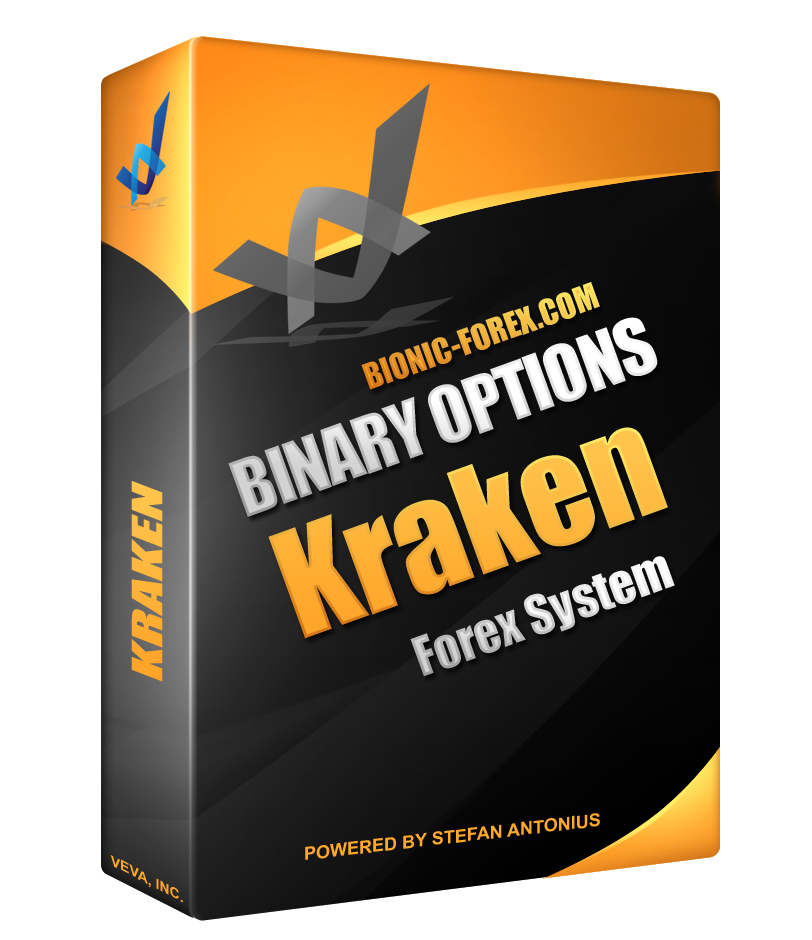ETF Investing The Benefits and the Risks
Post on: 3 Июль, 2015 No Comment

December 28th at 1:00pm by Tom Lydon
Exchange traded funds (ETFs) have proliferated into a popular and interesting investment tool. Since theyre still relatively new tools, though, more investors are coming to them unaware of both their benefits and their risks.
If youre one of the ETF newbies, or someone who just needs a refresher course, Financial Web gives us a breakdown of the ins and outs of ETFs. [The foundations of better ETF investing. ]
- Flexibility: ETFs are most similar to stocks in that they can be bought and sold all day on a stock exchange.
- Lower Costs: While this might not always be the case, ETFs generally have lower costs associated with them than comparable mutual funds.
- Tax Efficiency: They very rarely have capital gains because theres generally low portfolio turnover and holdings dont need to be sold to meet redemptions.
- Transparency: With ETFs, you can know everything immediately. They are valued every 15 seconds, so you can get a real-time quote on them whenever you like.
- Index Tracking: Another common feature of ETFs is that they track popular indexes. For example, the largest ETF, the SPDRs (NYSEArca: SPY ). tracks the S&P 500 index. Steady performance and a growth curve over time is valuable.
- Access to Industries: For the longest time, about the only way to invest in certain industries was through futures contracts. For example, you could not get involved in the oil industry unless you took out a complicated oil futures contract, something retail investors couldnt easily do. Now you can buy an oil ETF. [How to set up a strong approach to ETF investing. ]
- Market Risk: When the market declines, so will the performance of some ETFs, because most of them track indexes. There is no attempt at outperformance. This is not a foolproof method of investing. You can protect yourself by having a stop-loss. [What ETF naysayers say. ]
- Low Growth Potential: While they are similar to stocks as far as flexibility is concerned, they do not typically perform like stocks can. However, the volatility is lower, and there are so many ETFs available that you can choose from across the risk spectrum. [How to manage risk. ]
- Tracking Error: ETF providers construct their funds to ensure the best possible tracking of their benchmarks, but despite even the best efforts, tracking error can happen. Bear in mind, though: it can sometimes work in your favor. [How tracking error occurs. ]
For more stories about ETF strategy, visit our trend following category .
The opinions and forecasts expressed herein are solely those of Tom Lydon, and may not actually come to pass. Information on this site should not be used or construed as an offer to sell, a solicitation of an offer to buy, or a recommendation for any product.














